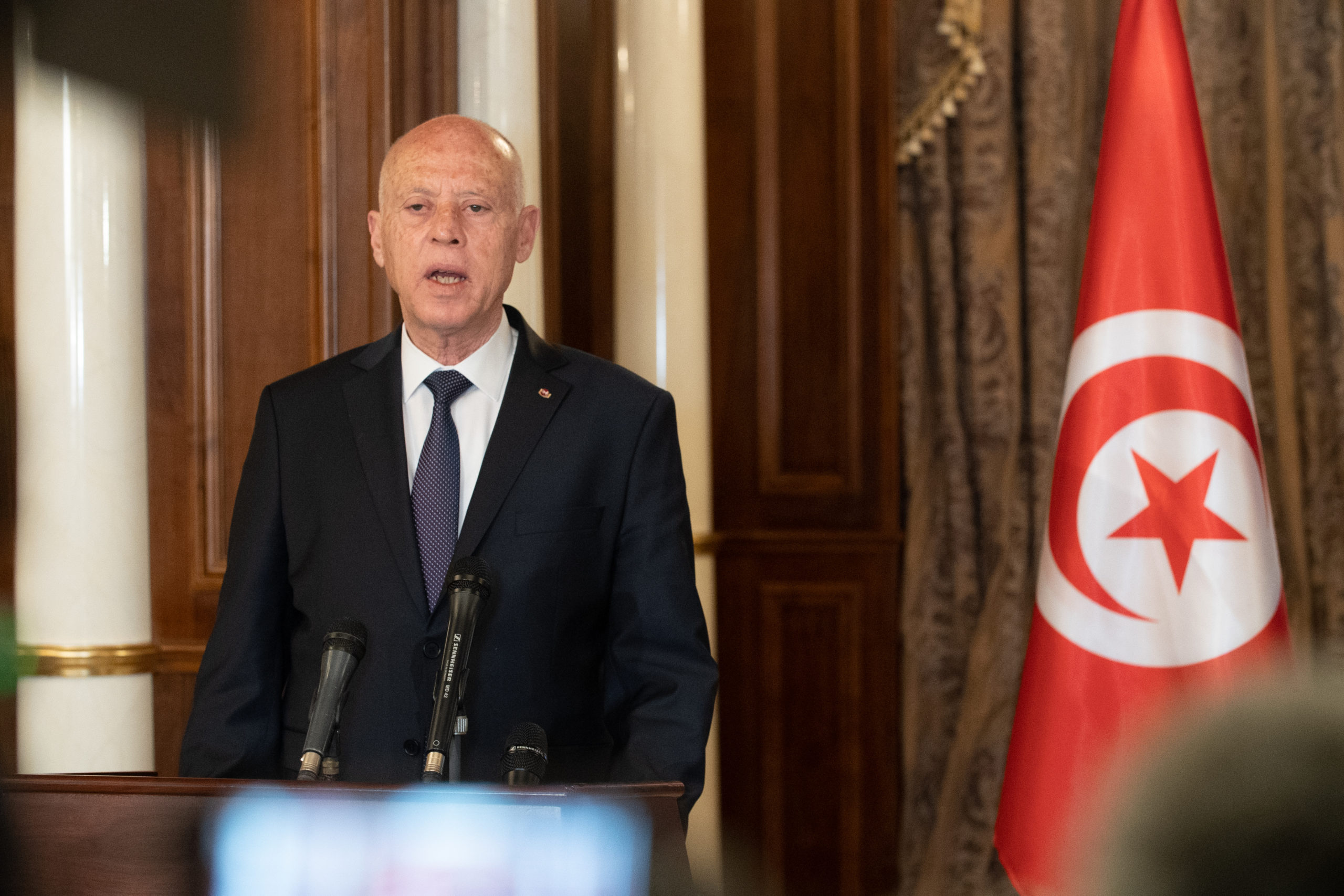An independent and impartial judiciary must hold in check President Kais Saied’s arbitrary exercise of power, the international Commission of Jurists (ICJ) said today.
هذا البيان الصحفي متوفر باللغة العربية أيضاً
This statement comes in the wake of the 30 July arrest and continuous detention of Yassine Ayari, a member of Tunisia’s parliament who had called Saied’s power grab a coup.
“Instead of being a docile tool in the hands of an apprentice dictator, the judiciary must uphold the Constitution, act as a check on Saied’s power grab, and end all and any politicized proceedings targeting Saied’s critics,” said Said Benarbia, ICJ MENA Director.
On 25 July, as part of his power grab, President Kais Saied ordered the deployment of the armed forces to effectively prevent the members of Tunisia’s parliament from exercising their constitutional duties.
“Preventing members of Parliament from carrying out their functions violates the letter and spirit of the Constitution and dismantles one of the very few checks on the President’s powers during the State of Exception.”
President Kais Saied also declared himself to be a Chief Prosecutor, suspended parliament, and stripped its members of their parliamentary immunity.
“President Saied has no constitutional authority or legal grounds to strip Ayari, or any other members of parliament of their parliamentary immunity,” added Benarbia.
“Ayari’s continued detention is a flagrant assault on the rule of law and separation of powers, and he must be immediately and unconditionally released.”
Article 68 of the Tunisian Constitution provides that no member of parliament may be prosecuted, arrested or tried for opinions or propositions espoused or for work done in connection with their parliamentary functions.
Under the Tunisian Constitution, the Public Prosecution Service (le Parquet) enjoys the same constitutional protections as the judiciary.
International standards provide for judges and prosecutors to act independently, impartially and in defense of the rule of law and human rights.
“President Saied is putting in place a one-man rule in which the separation of powers does not exist. Prosecutors and courts should confront such a rule, not provide aid and comfort to it,” concluded Benarbia.
Contact:
Said Benarbia, Director, ICJ Middle East and North Africa Programme, t: +41-22-979-3817; e: said.benarbia(a)icj.org
Asser Khattab, Research and Communications officer at the ICJ Middle East and North Africa Programme, e: asser.khattab(a)icj.org




